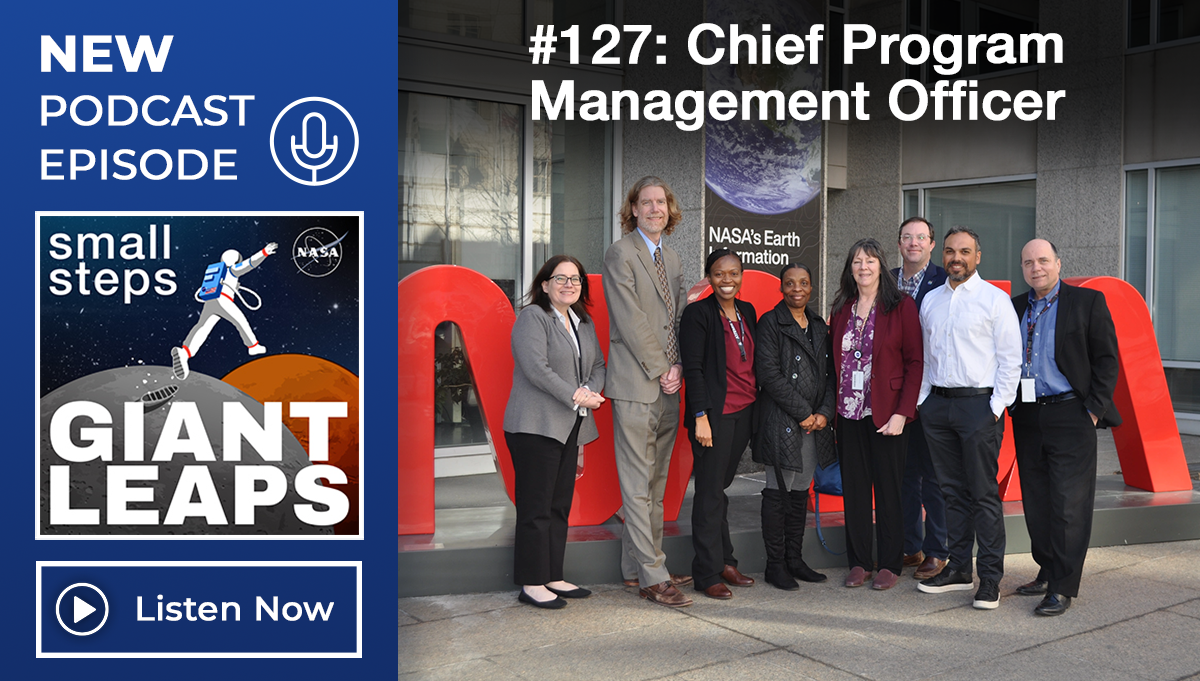In this five-day course, participants will learn how to improve their software project management skills including making better software project management decisions. Course attendees will be asked to apply what they know and learn about managing software projects in a practical simulation. Understanding the key steps in establishing a project plan; how to estimate software costs; tailoring a NPR 7150.2 compliance matrix; how to plan, monitor and control a project using performance measurement techniques; how to respond to a customer-initiated change; and how to use valuable face-to-face negotiation skills with a project manager. This course includes some lab work, potentially extending after normal work hours.
This course is designed for managers, systems engineers, software leads, and others needing an understanding of software engineering management as it is practiced within NASA. It is particularly useful for anyone who does or wants to lead software development. The course will also be useful for any personnel developing software in any domain and for personnel responsible for integrating software into a system or systems.
All supplemental resources are NASA accessible only unless otherwise noted.





